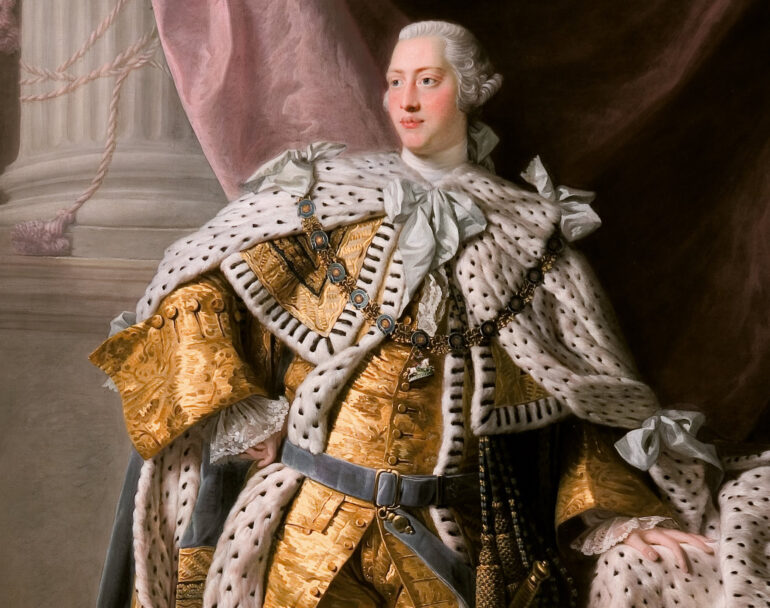
The Three Traits of Tyranny
According to John Locke and the American Founders
by Dan Sanchez
The American founders who drafted and signed the Declaration of Independence grounded their case for separating from Great Britain on a philosophy of government derived from the writings of John Locke: especially from Lockean notions of legitimate government vs. illegitimate government, i.e., tyranny.
In his Two Treatises of Government, Locke wrote:
“Political power, then, I take to be a right of making laws with penalties of death, and consequently all less penalties, for the regulating and preserving of property, and of employing the force of the community, in the execution of such laws, and in the defence of the common-wealth from foreign injury; and all this only for the public good.”
Here, Locke defined “political power” as power within right, i.e., legitimate government.
For Locke, the opposite of legitimate government (“political power”) is “power beyond right,” which he called “tyranny.”
“…tyranny is the exercise of power beyond right, which nobody can have a right to. And this is making use of the power anyone has in his hands, not for the good of those who are under it, but for his own private separate advantage. When the governor, however intitled, makes not the law, but his will, the rule; and his commands and actions are not directed to the preservation of the properties of his people, but the satisfaction of his own ambition, revenge, covetousness, or any other irregular passion.”
In these two passages, we can see Locke’s criteria for distinguishing legitimate government from tyranny.
- Rule of Law vs. Rule of Man: Legitimate government involves “making laws” and “the execution of such laws.” Tyranny is “When the governor, however intitled, makes not the law, but his will, the rule…” In modern terminology, this is the distinction between “the rule of law” and “the rule of man.”
- Public Good vs. Private Advantage: Legitimate government is “only for the public good.” Tyranny is the use of power “not for the good of those who are under it, but for his own private separate advantage.”
- Rights Protection vs. Rights Non-Protection: And the whole purpose of government, according to Locke, is the protection of “rights”/ “property,” by which he means rightful ownership of possessions as well as one’s own body. Thus, tyranny is when a ruler’s “commands and actions are not directed to the preservation of the properties of his people, but the satisfaction of his own ambition, revenge, covetousness, or any other irregular passion.”
According to the American Founders, in each of the above three regards, the British government was behaving tyrannically. Thus, the Declaration of Independence and thus the Revolution (war of secession from Great Britain).